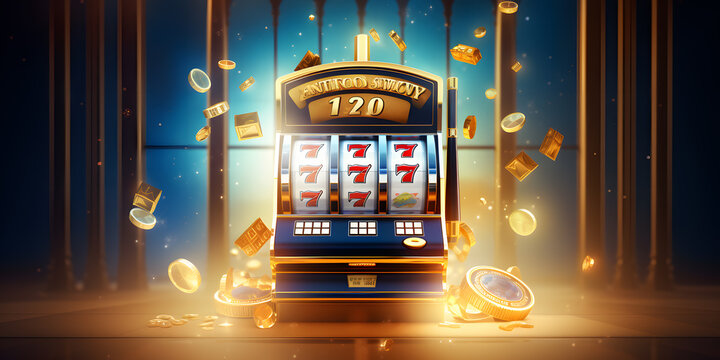
Paragraph 1: The Common Concern Among Players
Many new and even seasoned players wonder if online slots are rigged. After a string of losses or near-miss spins, it’s natural to question the fairness of the game. slot gacor malam ini Online gambling, especially when done virtually without the transparency of a physical machine, can give the impression that outcomes are manipulated. This suspicion has been around since the rise of online casinos, but it’s important to examine how slot outcomes are actually determined.
Paragraph 2: Random Number Generators (RNG) Explained
The heart of any legitimate online slot is the Random Number Generator (RNG). This software algorithm ensures that every spin is independent and completely random. The RNG doesn’t remember previous spins, wins, or losses—it generates outcomes in real-time, hundreds of times per second. Licensed online casinos are required to use certified RNGs that are regularly audited by third-party testing agencies like eCOGRA, iTech Labs, or GLI. These audits ensure the games operate fairly and that outcomes are not pre-determined or manipulated.
Paragraph 3: Regulation and Licensing
To further ensure fairness, online casinos must obtain gaming licenses from official regulatory bodies such as the UK Gambling Commission, Malta Gaming Authority, or the New Jersey Division of Gaming Enforcement. These agencies enforce strict standards for game integrity, software testing, payout percentages, and complaint handling. If an online casino is operating under one of these licenses, players can be confident that the slot games offered are not rigged. Unlicensed or offshore operators, however, may not follow these rules and should be avoided.
Paragraph 4: Why You Still Might Lose Often
Even though online slots aren’t rigged, they are designed to favor the house over time. This concept is known as the house edge—an inherent mathematical advantage built into the game. Slot machines can have high variance, meaning players might go through long periods without wins, then hit a big payout unexpectedly. This volatility is part of the game’s design, not evidence of foul play. Understanding RTP (Return to Player) and volatility can help players choose slots that suit their risk tolerance and expectations.
Paragraph 5: How to Protect Yourself from Unfair Platforms
While most regulated online slots are fair, there are still shady operators in the industry. To protect yourself, always play on licensed platforms, read reviews, and look for certifications from testing agencies. Avoid sites with vague licensing information or no visible oversight. Also, be wary of “too good to be true” bonus offers, as they often come from disreputable sources. Stick with trusted names and well-reviewed casinos to ensure your gaming experience is both fun and fair.
Paragraph 6: The Bottom Line—Not Rigged, Just Random
So, are online slots rigged? The short answer is no—not if you’re playing at a reputable, licensed casino. These games are governed by RNG technology, third-party audits, and strict regulations. While it may feel like the machine is working against you during a losing streak, it’s simply the randomness and odds at play. Slots are meant to be entertaining, and with responsible play on a secure platform, you can enjoy the thrill without worrying about being cheated.